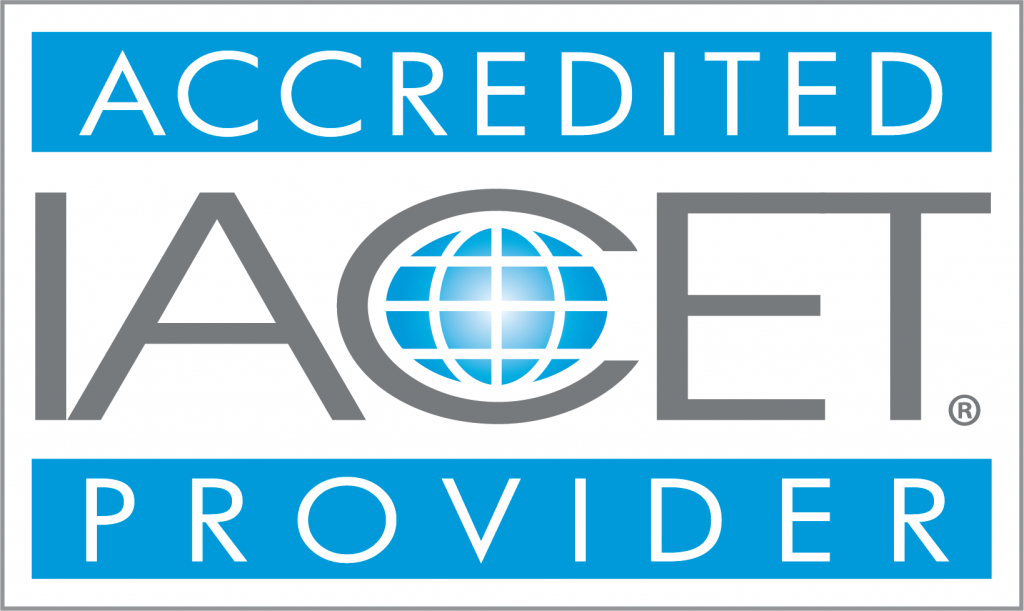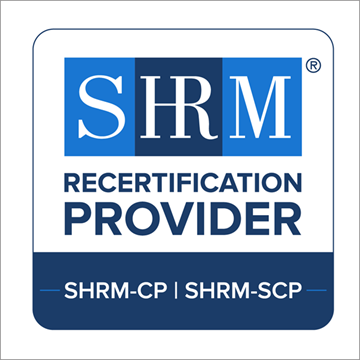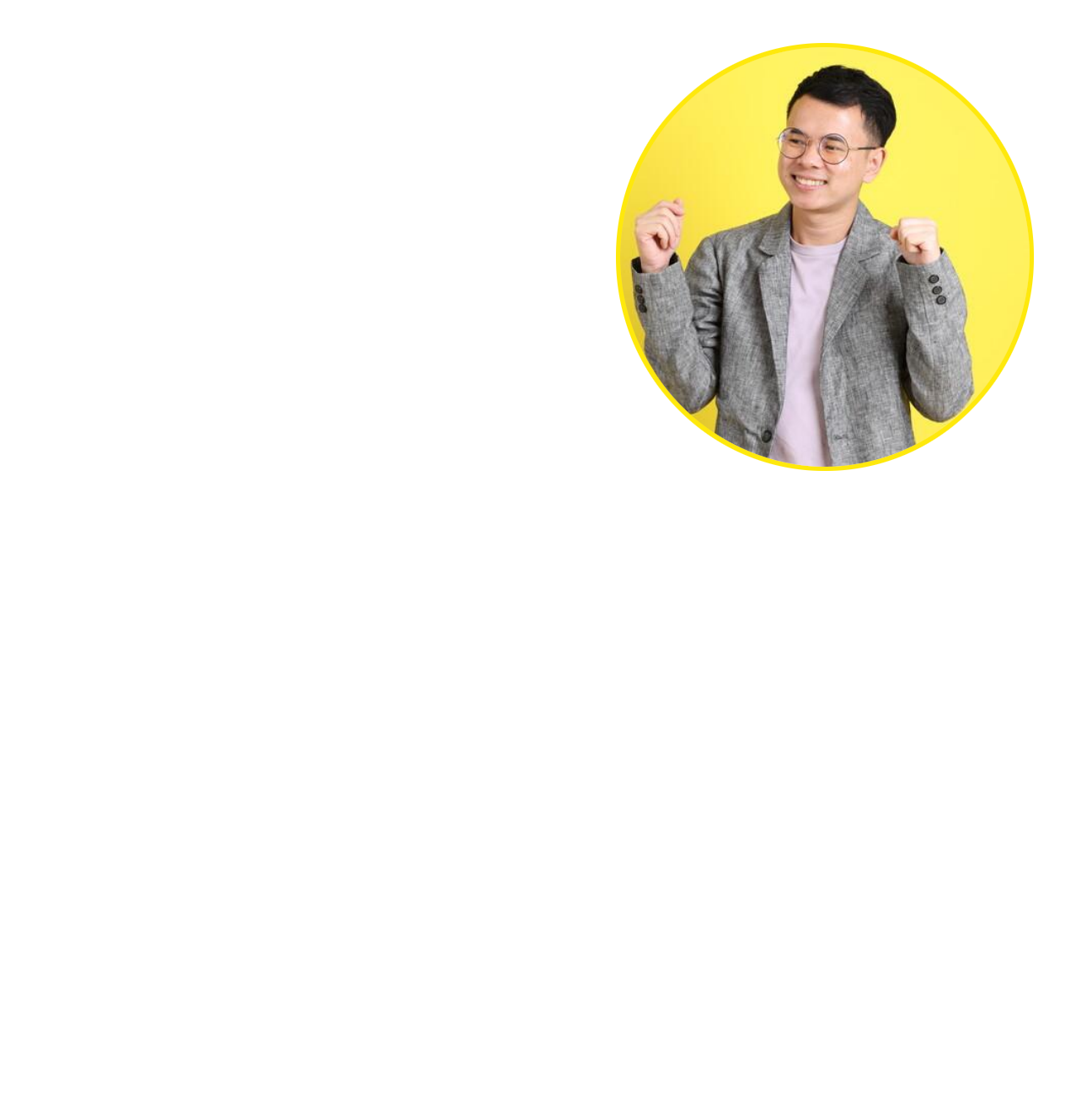DTUI.com Continuing Education Programs & Courses
Diversity Training University International (aka DTUI.com LLC) is accredited by the International Accreditors for Continuing Education and Training (IACET) and offers IACET CEUs for its learning events that comply with the ANSI/IACET Continuing Education and Training Standard. IACET is recognized internationally as a standard development organization and accrediting body that promotes quality of continuing education and training.


Diversity Training University International is recognized by SHRM to offer Professional Development Credits (PDCs) for SHRM-CP® or SHRM-SCP® recertification activities.






General Courses
Certification Courses
Certification Programs
How Does It Work?


Take a Single Course or Register for a Certification Program.
Explore single courses to sharpen specific skills or pursue a complete certification to fully master your field. Our adaptable learning options cater to you and your team’s goals, offering quick specialization or thorough certification to enhance your career prospects.


Gain practical skills through hands-on learning.
Participants learn from reading, instructional videos, discussions with other participants, instructor assignment feedback, and application assignments.


Elevate your team's creativity and innovation through comprehensive DEI training.
Boost your organization's cultural diversity, equity, and inclusion proficiency by having multiple employees trained and certified.


Lead with confidence in diversity: CDEI courses and certification enhance organizational culture and employee engagement expertise.
Develop the expertise and learn the DELA best practices for cultivating self-awareness, embracing inclusion, and inspiring equitable treatment.
What You Get
Our Graduates Are Talking About Us!



Frequently Asked Questions
The DELA difference is that our training is designed to develop professional awareness, attitude (inclusive values and beliefs), knowledge, and skills. A comprehensive examination only assesses your knowledge. Each DELA program is designed to develop professional skills rather than cover only the knowledge you need to pass a final exam. Our certification recipients boast about having designed and developed a strategic plan, a diversity training, or a diversity recruitment plan upon completing their program. In that way, the knowledge you is put into practice. Instructors provide the feedback needed to complete the projects successfully. One graduate boasts that she developed a cultural diversity strategic plan by the end of the CDP training, for example. Her organization adopted the plan because she included staff during the design and development phases. A police officer developed cultural diversity training for officers in her department. The product you develop can be put into your professional portfolio along with the credentials that you earn.
The CDP, or certified diversity professional, training best suits the individual who wants to learn about how to lead a cultural diversity and inclusion initiative. The goal is to serve as an in-house or independent consultant. The CDP focuses on strategy and organizational change methods.
The Cultural Diversity & Inclusion Trainer (CDT)™ certification is for the professional interested in primarily serving in a trainer role. The training covers high impact facilitation skills for managing hot topic discussions, managing emotional reactions to diversity and inclusion, and keeping the audience engaged. The CDT program includes training design and development (DELA 200) as well as a facilitation skills course (DELA 400). The program focuses on designing high-impact training and facilitating emotionally-charged topics.
The CDE is designed and developed for individuals serving in cultural diversity leadership roles within an organization. The individual typically reports directly to the head of the organization, such as the CEO or president. The graduate’s range of potential influence within the organization is considerable compared to a diversity manager or someone with diversity and inclusion (D&I) expertise reporting to a middle manager, such as the human resource manager.
Yes, the distance learning format was the first format we offered the programs back in 1998. Now we use a state of the art learning platform called Canvas Instructure. You can begin the first course in each online program as soon as you register. There is also a weekly – strictly voluntarily – live one-hour video conferencing session for the course. It either meets either on a Tuesday or Thursday. You do not have to attend. It there when you want to attend. You can ask questions, meet other participants, and get an overview of the current module being covered in the course.
DTUI no longer offers single registrations for the public to participate in classroom courses - only the online format. provides exclusive classroom training for organizations enrolling groups of five or more. For group registration details, please reach out to us.
Diversity management leadership is filled with landmines. Far too many professionals are being placed in D&I management positions with little, if any, training or credentials. The result is that most of those on the front lines of D&I in organizations are ill-equipped to take the lead or manage cultural collisions. The DELA’s certification programs are designed to provide professionals with necessary competency, confidence, and increased credibility. Given the complexity of the work, anyone in a D&I leadership role can benefit from the training. Examples of the titles most closely aligned with the credentials include Vice President of Diversity and Chief Diversity Officer. The title is less important than the role and responsibilities. A Vice President of Human Resources will benefit from the training if a considerable amount of her or his responsibilities including leading the diversity efforts.
The Cultural Diversity & Inclusion Professional™ (CDP) program is designed for those who are either consultants or in-house professionals with D&I responsibilities, but less potential influence than the CDE. A diversity manager, multicultural resource specialist, human resource manager, or EEO/compliance advisor would likely find the CDP most suitable.
Diversity Certification refers to the credentialing of professionals to serve in management or executive level diversity and inclusion leadership roles.
A number of training programs exist today compared to when DTUI.com started offering certification in 1998. What the programs have in common is the goal of providing participants with diversity leadership competency. Programs differ in philosophy, the length of time to completion, and prestige.
We emphasize classroom experience similar to a learning lab to foster applying what you learn. Many programs are either academic in format or require completing study materials followed by passing a written test of knowledge. Our adult learner approach offers participants opportunities to apply what they are learning. This enhances transfer to the real world. Ask us about how we commit to the development of your expertise after the class is over? You will be both impressed and encouraged.
Anyone who wants to serve as a diversity professional or who is in the role and values credentials for professional recognition typically seek the certification. Diversity managers, equal opportunity specialists, human resource managers, and cultural diversity council members have found the training rewarding.
Those who are responsible for:
- Military diversity recruitment and retention
- diversity and inclusion leadership
- Government diversity recruitment and retention
- diversity management
- human resource managers
- diversity training
- Supplier diversity
- Cultural diversity council members
- Chief Diversity Officers
- equal opportunity advisers
- sexual harassment & assault experts
- Diversity managers
Most certification programs cover diversity best practices instead of training the necessary skills and abilities to effectively do the work. The result is that few cultural diversity professionals are poorly prepared for avoiding the inevitable landmines inherent in the work or how to change an organization from its current state to higher stages of inclusion. Our certification program offers you knowledge and skills that propel your expertise to the next level.
Many professionals are new to cultural diversity leadership roles. They were often at the top of their game in another job role (e.g., training, human resource management, etc.). The new role leaves them feeling overwhelmed after they quickly discover how under-prepared they are to take on the diversity leadership role. Years of human resource management experience, for example, increase the ability to understand how to keep the organization in compliance, curtail turnover, and develop policy-driven initiatives, but not the expertise needed to manage resistance and complacency to cultural diversity initiatives.
Diversity leaders need a detailed, well-tested system to start moving your organization immediately and the techniques to get them to the finish line. Even the seasoned professional needs continuing education – especially training that offers next-level solutions.
A few cultural diversity certification credentialing programs have sprung up since DTUI.com started training professionals in 1998 as Diversity Training University International. We continue to be the choice for those seeking solutions that they can utilize immediately upon returning to the office.
You can trust that our Certified Diversity Professional credentials will offer you expertise and value along with practical tools. And you really don’t want to reinvent the wheel or use outdated, untested tools and techniques that will shortchange the amazing value you offer in your role. That’s why we’re so excited about showing you a powerful step-by-step strategy.
The diversity certificate implies less training and time commitment. The certification implies credentials, which necessarily is more than a two-day weekend. Higher education institutions are reluctant to offer certification because they compete with the degree programs offered. The certificate course is the compromise.
For the Society for Human Resource Management (SHRM), certification implies that a professional has demonstrated competency in knowledge and skills. DTUI.com offers the certification credentials as a freestanding corporate university.
DELA focuses on developing your cultural and inclusion competencies. This requires training that develops the awareness, attitude, knowledge, and skills needed to be effective in the role.
A test that assesses how much you know about the profession and best practices does not reflect competency in the range of competencies you need to change organizations and avoid cultural collisions. Preparing you for an examination does not prepare you for the work. Our position reflects an instructional philosophy for training inclusive professionals more than a criticism of test-taking credentialing. Increasing the number of competent, credentialed professionals is what different training approaches have in common.
“Exams” are built into the training to enhance learning rather than test what you have learned. Quizzes are built into online courses. The classroom course is based on adult learning and guided learning principles. Participants are presented with assessment forms, critical thinking exercises, and group work to increase the learning of the course content. You can choose to “test out” of DELA 300, DELA 500, or DELA 600, which means that you may take an exam instead of the course. This option is best suited for autodidacts, familiar with the DTUI framework, and comfortable with examinations.

























